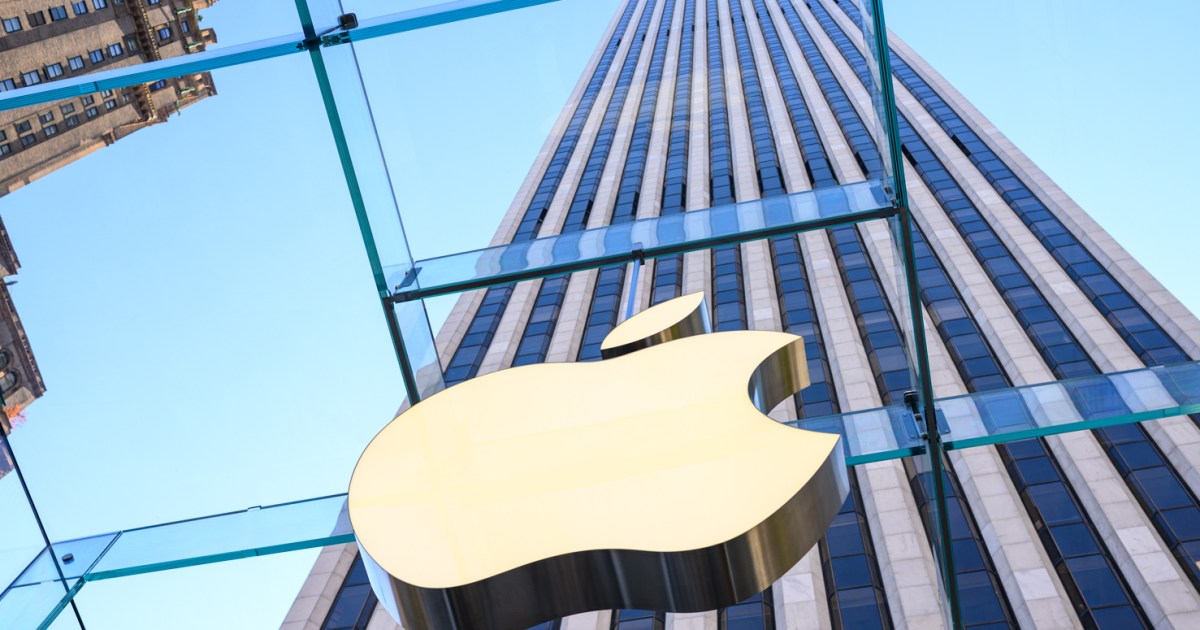By ALI SWENSON, DAN MERICA and GARANCE BURKE (Associated Press)
Adrian Perkins was running for reelection as the mayor of Shreveport, Louisiana, when he was surprised by a harsh campaign hit piece.
The satirical TV commercial, paid for by a rival political action committee, used artificial intelligence to depict Perkins as a high school student who had been called into the principal’s office. Instead of giving a tongue-lashing for cheating on a test or getting in a fight, the principal blasted Perkins for failing to keep communities safe and create jobs.
The video superimposed Perkins’ face onto the body of an actor playing him. Although the ad was labeled as being created with “deep learning computer technology,” Perkins said it was powerful and resonated with voters. He didn’t have enough money or campaign staff to counteract it, and thinks it was one of many reasons he lost the 2022 race. A representative for the group behind the ad did not respond to a request for comment.
“One hundred percent the deepfake ad affected our campaign because we were a down-ballot, less resourced place,” said Perkins, a Democrat. “You had to pick and choose where you put your efforts.”
While such attacks are staples of the rough-and-tumble of political campaigning, the ad targeting Perkins was notable: It’s believed to be one of the first examples of an AI deepfake deployed in a political race in the U.S. It also foreshadowed a dilemma facing candidates in scores of state and local races this year as generative AI has become more widespread and easier to use.
The technology — which can do everything from streamlining mundane campaign tasks to creating fake images, video or audio — already has been deployed in some national races around the country and has spread far more widely in elections across the globe. Despite its power as a tool to mislead, efforts to regulate it have been piecemeal or delayed, a gap that could have the greatest impact on lower-profile races down the ballot.
Artificial intelligence is a double-edged sword for candidates running such campaigns. Inexpensive, user-friendly AI models can help them save money and time on some of their day-to-day tasks. But they often don’t have the staff or expertise to combat AI-generated falsehoods, adding to fears that an eleventh-hour deepfake could fool enough voters to tilt races decided by narrow margins.
Some local candidates already have faced criticism for deploying AI in misleading ways, from a Republican state senate candidate in Tennessee who used an AI headshot to make himself look slimmer and younger to Philadelphia’s Democratic sheriff, whose reelection campaign promoted fake news stories generated by ChatGPT.
More than a third of states have passed laws regulating artificial intelligence in politics, and legislation aimed specifically at fighting election-related deepfakes has received bipartisan support in each state where it has passed, according to the nonprofit consumer advocacy group Public Citizen.
But Congress has yet to act, despite several bipartisan groups of lawmakers proposing such legislation.
“Congress is pathetic,” said U.S. Sen. Mark Warner of Virginia, a Democrat who has worked extensively on AI-related legislation but is pessimistic about Congress passing any legislation protecting elections from AI interference this year.
While experts and lawmakers worry about how generative AI attacks could skew an election, some candidates for state or local office said AI tools have proven invaluable to their campaigns; the powerful computer systems, software or processes can emulate aspects of human work and cognition.
Glenn Cook, a Republican running for a state legislative seat in southeastern Georgia, is less well-known and has much less campaign cash than the incumbent he is facing in a runoff election on Tuesday. So, he has invested in a digital consultant who creates much of his campaign’s content using inexpensive, publicly available generative AI models.
On his website, AI-generated articles are peppered with AI-generated images of community members smiling and chatting, none of whom actually exist. AI-generated podcast episodes use a cloned version of his voice to narrate his policy positions.
Cook said he reviews everything before it is made public. The savings — in both time and money — have let him knock on more doors in the district and attend more in-person campaign events.
“My wife and I did 4,500 doors down here,” he said. “It frees you up to do a lot.”
Cook’s opponent, Republican state Rep. Steven Sainz, said he thinks Cook “hides behind what amounts to a robot instead of authentically communicating his opinions to voters.”
Political consultants are increasingly dabbling with AI tools to see what works, according to a new report from a team led by researchers at the University of Texas at Austin.
“Local-level elections will be so much more challenging because people will be attacking,” said Zelly Martin, the report’s lead author. “And what recourse do they have to fight back, as opposed to Biden and Trump who have many more resources to fend off attacks?”
Perkins, the former Shreveport mayor, had a small team that decided to ignore the attack and keep campaigning when the deepfake of him being hauled into the principal’s office hit local TV.
“In politics, people are always going to push the envelope a bit to be effective,” he said. “We had no idea how significant it would be.”
___
Burke reported from San Francisco, Merica from Washington and Swenson from New York.
___
This story is part of an Associated Press series, “The AI Campaign,” exploring the influence of artificial intelligence in the 2024 election cycle.
___ The Associated Press receives support from several private foundations to enhance its explanatory coverage of elections and democracy, and from the Omidyar Network to support coverage of artificial intelligence and its impact on society. AP is solely responsible for all content. Find AP’s standards for working with philanthropies, a list of supporters and funded coverage areas at AP.org
Stay up-to-date with Colorado Politics by signing up for our weekly newsletter, The Spot.







